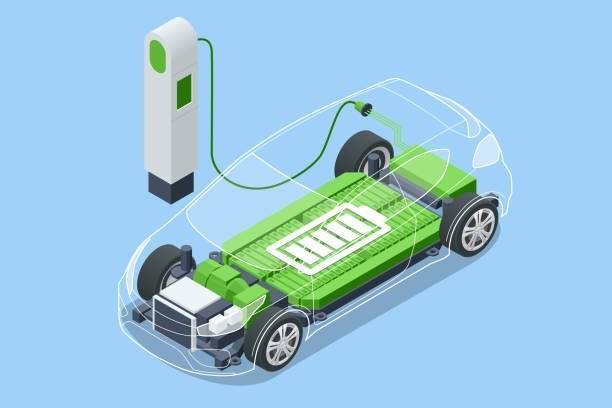Driven to Extinction: The Implications of Microchip Shortage on EV Manufacturers
Microship shortage in EV industryTable of Contents
The global shortage of microchips has hit the automotive industry hard, with electric vehicle (EV) manufacturers facing significant challenges. In this article, we’ll explore the implications of the microchip shortage on EV manufacturers, its root causes, and potential solutions to mitigate its impact.
Understanding the Microchip Shortage
The microchip shortage, exacerbated by the COVID-19 pandemic, has disrupted supply chains across industries worldwide. Microchips are essential components in modern vehicles, powering everything from engine control units to advanced driver-assistance systems in EVs. As demand for consumer electronics surged during the pandemic, semiconductor manufacturers struggled to keep up, leading to supply constraints that have rippled through the automotive sector.
Impact on EV Manufacturers
EV manufacturers rely heavily on microchips to power the complex electronic systems that make electric vehicles possible. With the shortage disrupting production schedules and causing delays, automakers are facing an uphill battle to meet consumer demand. Tesla, for example, reported delivery delays for some models due to the chip shortage, highlighting the real-world consequences for EV manufacturers.
Challenges and Solutions
The microchip shortage presents a myriad of challenges for EV manufacturers, from delayed production schedules to increased costs. To address these challenges, automakers are exploring alternative sourcing options, prioritizing critical vehicle models, and even redesigning vehicles to use fewer chips temporarily. However, these measures can only provide short-term relief, and long-term solutions will require collaboration across the industry and investment in semiconductor manufacturing capacity.
The Road Ahead for EVs
Despite the challenges posed by the microchip shortage, the shift towards electric transportation remains inevitable. With governments worldwide implementing stricter emissions regulations and consumers increasingly demanding greener alternatives, the momentum behind EV adoption continues to grow. While the shortage may cause temporary setbacks, it also underscores the need for resilience and innovation in the face of supply chain disruptions.
FAQs:
How long is the microchip shortage expected to last?
The duration of the microchip shortage is uncertain and depends on various factors, including global semiconductor production capacity and the resolution of supply chain disruptions.
Which electric vehicle models are most affected by the chip shortage?
Electric vehicles with advanced features and complex electronic systems, such as Tesla’s Model S and Model X, have been particularly impacted by the microchip shortage.
How are automakers addressing the chip shortage?
Automakers are implementing various strategies, including prioritizing critical vehicle models, diversifying chip suppliers, and exploring alternative sourcing options to mitigate the impact of the shortage.
Will the chip shortage affect EV prices?
The chip shortage may lead to temporary price increases for electric vehicles as automakers grapple with production constraints and higher manufacturing costs. However, long-term pricing trends will depend on supply chain dynamics and market demand.
What can consumers do to minimize the impact of the chip shortage on EV purchases?
Consumers interested in purchasing electric vehicles should stay informed about production updates from manufacturers and consider placing orders in advance to secure their preferred models amidst potential supply constraints.
